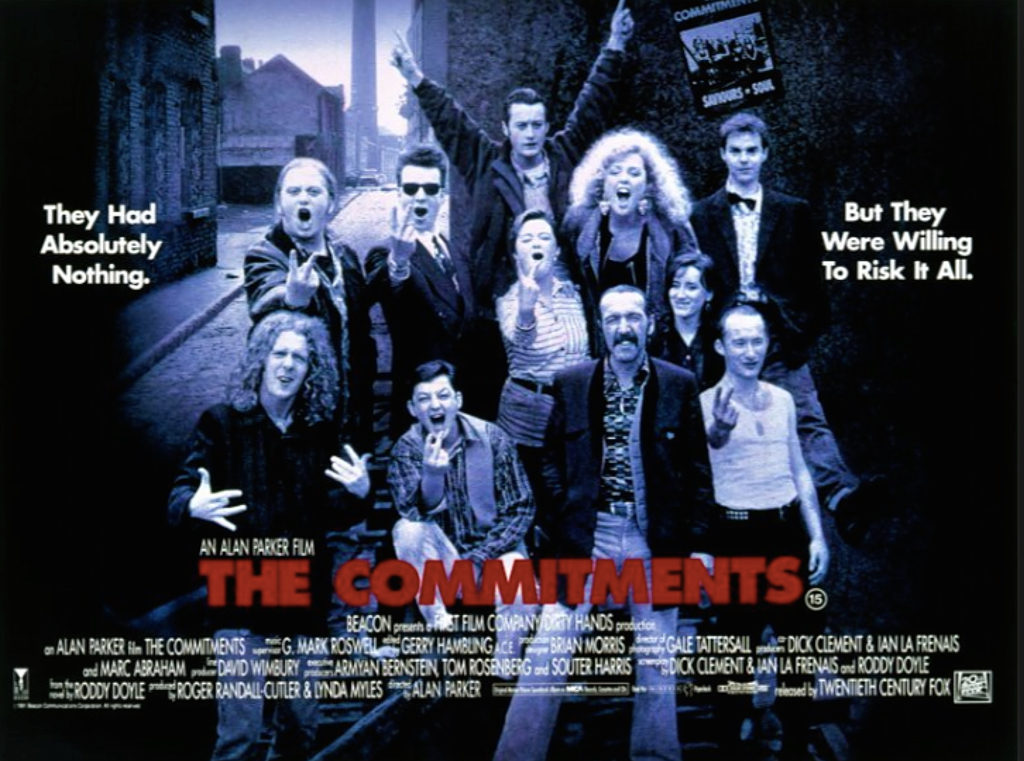Commitment issues at #WHSummit

For most people caught up in today’s humanitarian maelstrom, life is nasty and brutish – and next week’s two-day World Humanitarian Summit in Istanbul is probably too short for the far-reaching overhaul the system requires.
Amidst the razzmatazz of keynote speeches, special sessions, and niche side events, governments and aid agencies will be asked to commit to a range of systemic reforms set out in the so-called Grand Bargain.
Grand Bargain is actually a bit of a misnomer because it steers clear of big-ticket items like rejigging the mandates of the UN agencies, which was the most popular recommendation at ALNAP’s Global Forum last year, and focuses instead on a set of reforms first proposed in January 2016 by the high level panel on humanitarian financing chaired by EU Commissioner Kristalina Georgieva.
The summit version of the Grand Bargain, like most negotiated documents, has lost something of the clarity of Georgieva’s original but it still provides a robust blueprint for reform. The five-point plan combines changes that leading donors say are essential if they are to increase their financial contributions with improvements that reformers in the aid industry have been pushing for sometime.
The bargain boils down to more money for longer periods with fewer irksome reporting requirements in return for new approaches to aid delivery on the ground. The list includes greater transparency in the use of funds, a shift to cash support, independent assessment of needs, a bigger role for local aid organizations, renewed efforts to make the leap from humanitarian relief to development, and more communication with and accountability to affected people.
The raft of reforms UN Secretary General Ban-Ki Moon will unveil at the summit could lay the foundations for a more effective humanitarian sector that is better able to cope with the challenges of the twenty first century. While it has merit, a major shortcoming of the Grand Bargain is that as of now there is no obligation on donors, host governments or aid agencies to take action on their commitments. This lacuna does not bode well for an overdue reform process. There is a long history in the humanitarian space of commitments made and subsequently ignored, of standards honored more in the breach than the observance, and of humanitarian principles openly flouted – as Médecins Sans Frontier’s no show in Istanbul underlines.
Donors are better placed than other parties to the bargain to maintain momentum on the reforms they back. The terms and conditions of their funding agreements tend to get recipients’ attention. While donors can use the power of their purses to incentivize follow up on commitments made by their grantees, it is a taller order to compel the donor community itself or host governments to take action on the commitments they undertake.
The Grand Bargain could make the Istanbul summit a watershed in the transformation of the humanitarian sector. The danger is that delegates make commitments in front of the cameras and then continue with business as usual when the circus moves on. It would be a lost opportunity if participants leave Istanbul without agreeing to a robust approach to monitoring their commitments that ensures gains are safeguarded and backsliding is sanctioned. It’s the difference between a toothless grin and the fulsome embrace of reform.
